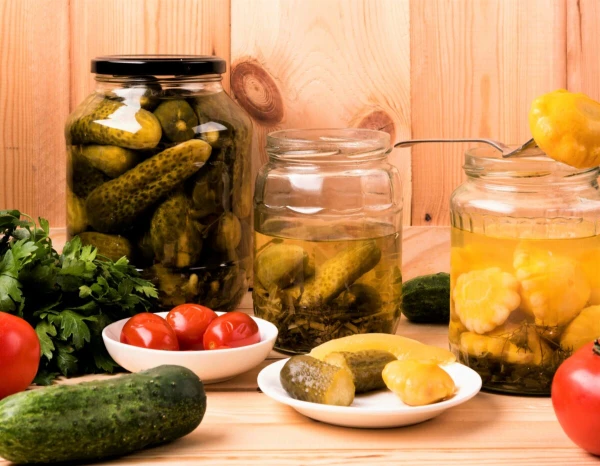
It is commonly believed that fresh products contain significantly more nutrients than canned ones. However, there are exceptions to every rule. In this case, there are quite a few exceptions that nutrition specialists have taken notice of.
According to nutritionists Nicola Ladleham-Rain and Emma Shafqat from the National Health Service of the United Kingdom, canned tomatoes contain significantly higher levels of lycopene than fresh fruits. This valuable substance is a powerful antioxidant that can substantially reduce the likelihood of developing prostate, lung, and stomach cancer. Lycopene also positively affects heart and vascular health, as it mitigates inflammatory processes in the body.
Dr. Ladleham-Rain referred to a study conducted by Greek scientists, which showed the effectiveness of lycopene in helping athletes recover after training and competitions. It was experimentally proven that tomato juice restored athletes' health faster than energy drinks.
Her colleague Emma Shafqat added that canned fruits such as peaches, pears, pineapples, mandarins, and others should also have a place in the diet. Although they contain slightly less vitamin C than fresh fruits, they are rich in vitamins A and E, which strengthen vision and immunity and support heart and vascular health.
Additionally, nutritionists recommend paying attention to canned sardines and mackerel. They are rich in calcium and omega-3 fatty acids. Such canned goods are particularly relevant for people who do not consume dairy products.
Another beneficial option in this format of nutrition could be canned legumes based on chickpeas, beans, peas, or lentils. These products are rightly considered a treasure trove of protein, iron, and vitamins. They easily pair with other dishes, as experts noted in an article published in the journal Nutrients.













